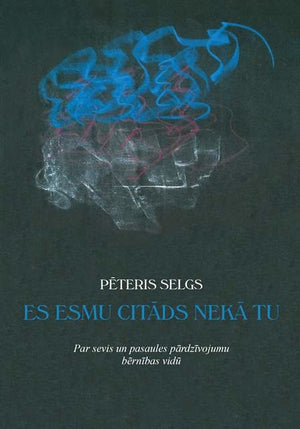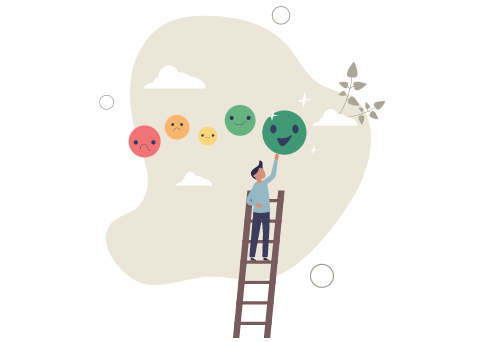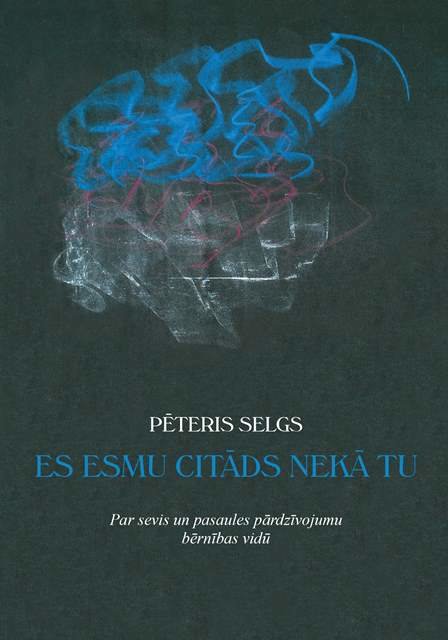
... sometimes we don't even realize how many existential and important questions for our future life a child at the age of nine or ten silently deals with. It is a development crisis that is relatively rarely talked about or written about. Therefore, I am very happy about this book, which will be useful for everyone who wants to understand themselves better, but it is definitely necessary for parents, educators and pediatricians, because if we understand the child, we will be able to help him better.
Mag. fed up Mara Svilane
Director of Riga Waldorf School
Chairman of the Board of the Latvian Association of Waldorf Pedagogy
Education quality assessment expert
"He who is able to really observe a person, to observe the temporal or etheric organism throughout the course of a person's life, as I have shown, knows that in old age, if a person has even the slightest inclination to reflect on his life, to look back on the earlier stages of his life, images of teachers and educators, as well as images of other people around him, who influenced his life between the ninth and tenth years of his life, especially float in his memory."
/Rudolf Steiner/
Pēteris Selgs was born in 1963 in Stuttgart, studied medicine in Witten-Herdeke, Zurich, Berlin. Until 2000, he worked as the head of the Department of Child and Youth Psychiatry at the Herdeke Clinic in Germany.
Currently, Pēteris Selgs is the director of the Ita Wegman Institute for Basic Studies of Anthroposophy (Arlesheim, Switzerland), professor of medical anthropology and ethics at the Alanus University of Arts and Social Sciences in Alfter near Bonn, Germany. He lectures extensively and is the author of numerous books and publications in anthropology, medicine, education and biographical history. Married, the family has five children.

